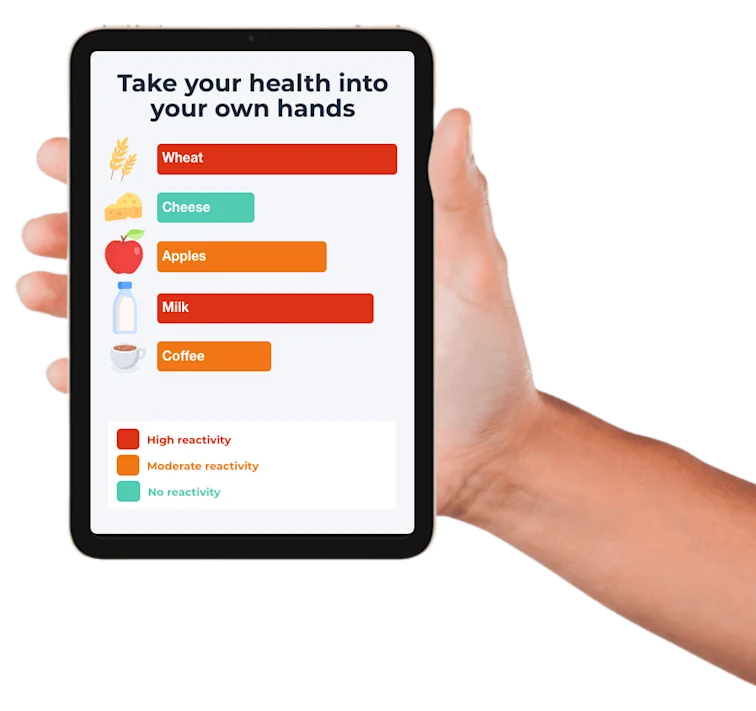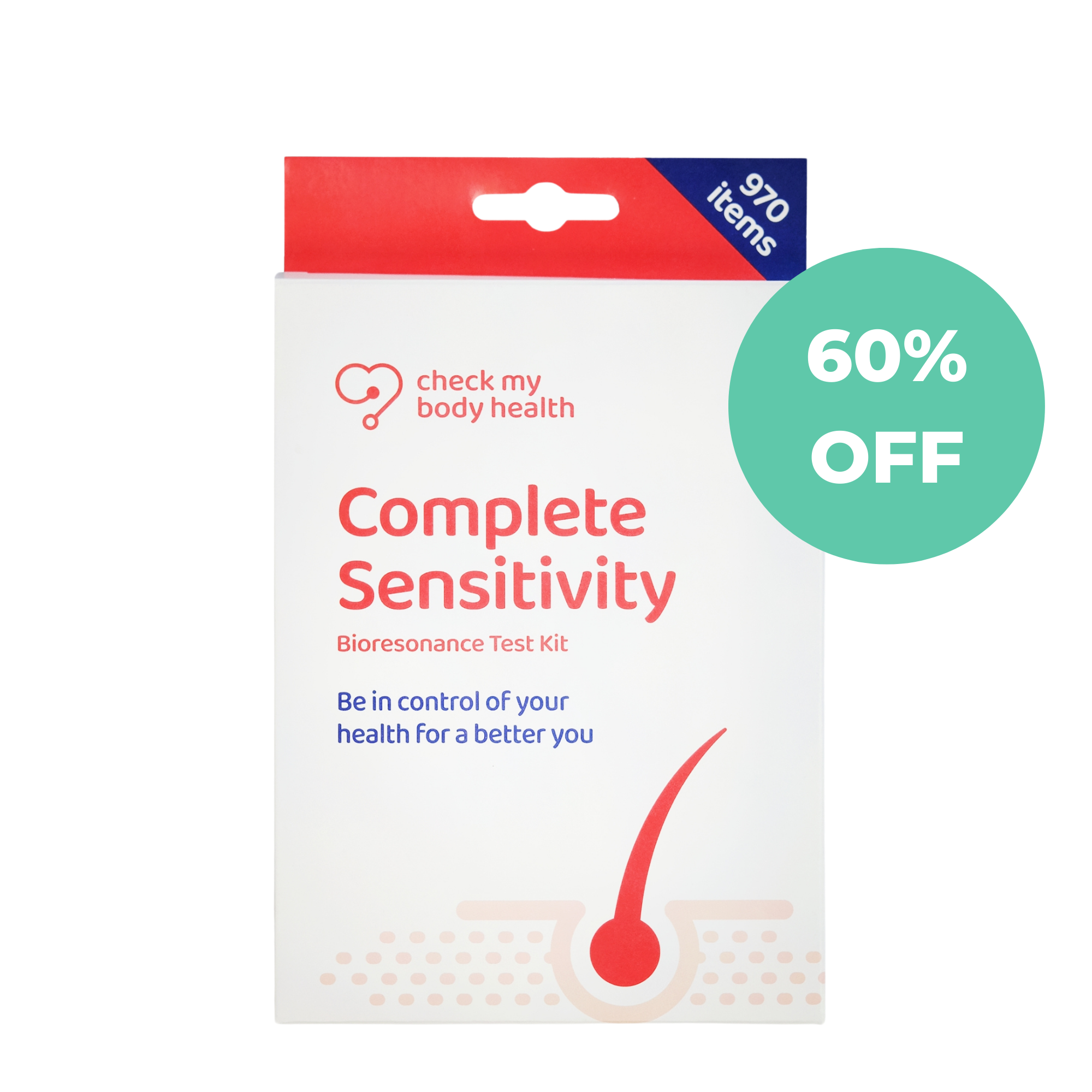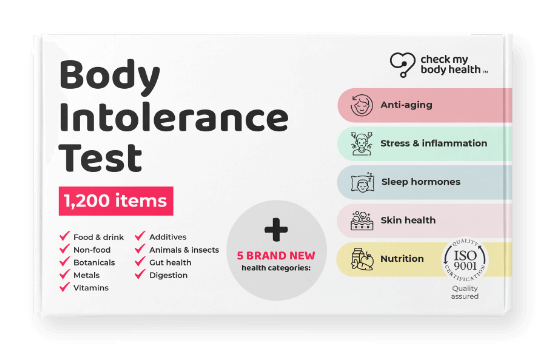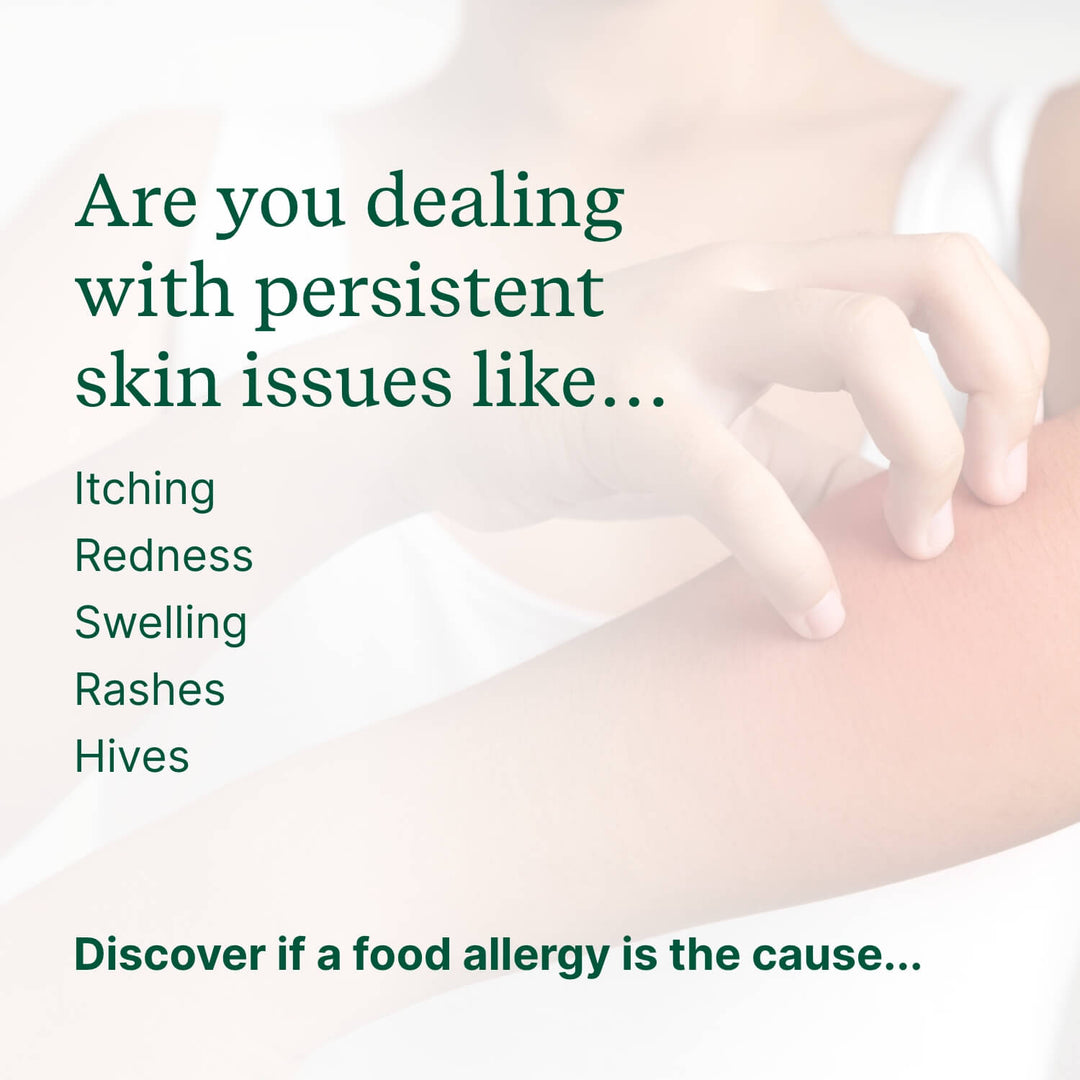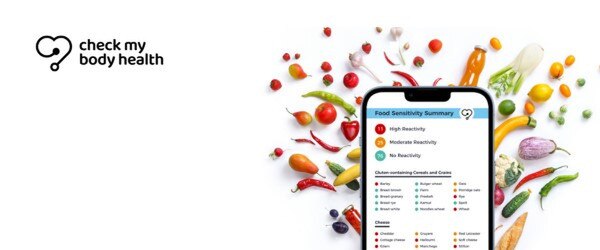Is Check My Body Health Legit

Concerns are mounting regarding the legitimacy of Check My Body Health, a company offering at-home allergy and intolerance testing kits. Consumers are questioning the accuracy and reliability of the results, prompting investigations and raising serious questions about the validity of their claims.
This article dives into the core issues surrounding Check My Body Health, examining the science behind their testing methods, the complaints filed by users, and the expert opinions that challenge the company's practices. It provides a critical assessment of whether the service is a legitimate health tool or a potentially misleading product.
The Core of the Controversy
Check My Body Health markets at-home testing kits that claim to identify food intolerances and environmental sensitivities through hair samples.
The company asserts its tests can reveal a wide range of sensitivities, allowing individuals to tailor their diets and lifestyles accordingly. However, this method is not supported by mainstream medical science.
Unreliable Testing Methods
The method employed by Check My Body Health, often referred to as bioresonance or hair analysis, is widely discredited by allergists and medical professionals. These tests analyze the electromagnetic frequencies of hair samples, a technique lacking scientific validity.
The American Academy of Allergy, Asthma & Immunology (AAAAI) explicitly states that hair analysis is "not useful" and lacks any scientific basis for diagnosing allergies or intolerances.
"These tests have not been scientifically proven to identify allergies or sensitivities,"AAAAI warns.
Several other organizations, including the European Academy of Allergy and Clinical Immunology (EAACI), have also dismissed hair analysis as an unproven and unreliable method.
Consumer Complaints and Concerns
Numerous users have reported inconsistent and seemingly random results from Check My Body Health.
Many individuals have received lists of supposed intolerances that contradict their actual experiences with food and environmental factors. Some customers reported results that flagged almost every food group as problematic, raising serious concerns about the practicality and accuracy of the recommendations.
Online forums and consumer review sites are filled with negative experiences, with users describing the tests as a "scam" and warning others against wasting their money.
Lack of Scientific Backing
Reputable allergy testing relies on evidence-based methods, such as skin prick tests or blood tests (IgE antibody tests) performed under medical supervision. These tests directly measure the body's immune response to specific allergens.
Check My Body Health's approach sidesteps these established procedures, opting for a methodology that lacks scientific rigor and validation. The absence of peer-reviewed studies supporting their claims is a major red flag.
Dr. Emily Carter, a board-certified allergist, explains, "Legitimate allergy testing must involve direct assessment of the immune system's response. Hair analysis simply doesn't meet this standard."
Regulatory Scrutiny
Due to the growing concerns, regulatory bodies are starting to pay closer attention to companies offering unproven allergy testing methods.
While Check My Body Health has not yet faced direct legal action in all jurisdictions, increased scrutiny may lead to future investigations and potential regulatory measures. Consumers should be aware that these tests are not FDA-approved or regulated.
Several consumer protection agencies are monitoring complaints related to misleading health claims and deceptive marketing practices.
What to Do Next
If you have used Check My Body Health and are concerned about the results, consult with a board-certified allergist or a qualified healthcare professional. Discuss your symptoms and request evidence-based allergy testing if necessary.
Report your experience to consumer protection agencies or the Better Business Bureau to help raise awareness and prevent others from being misled. Share your concerns with family and friends and social media groups.
Stay informed about the latest scientific evidence on allergy and intolerance testing and rely on trusted sources for accurate health information. Be skeptical of at-home tests that promise quick and easy results without scientific validation.
![Is Check My Body Health Legit Check my body health review - 7 facts you should know [Dec 2022]](https://nebula.org/blog/wp-content/uploads/2022/12/check-my-body-health.png)

.jpg?format=1500w)







